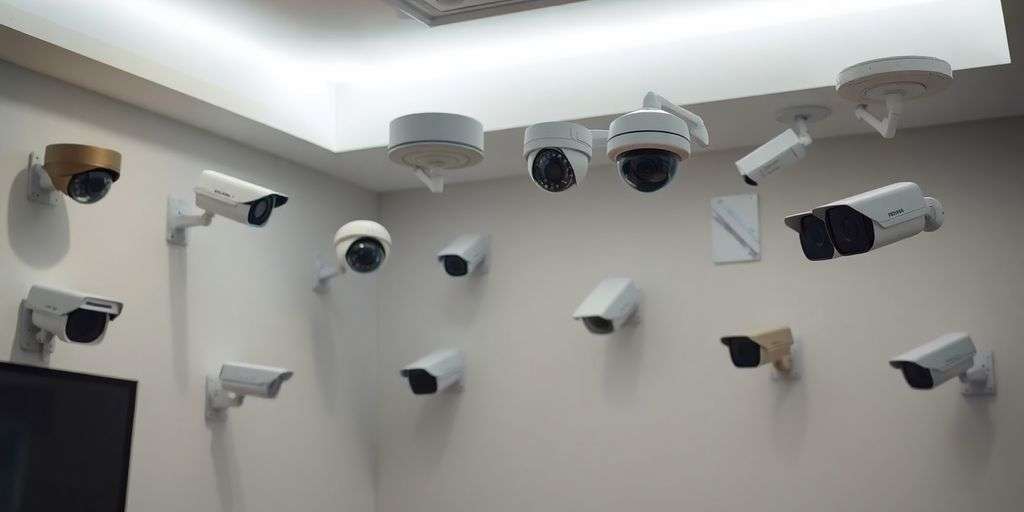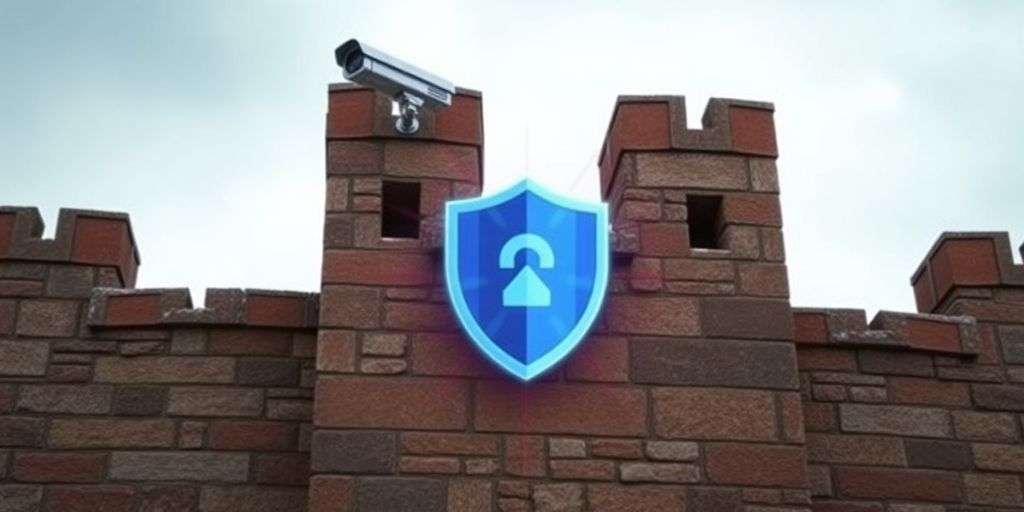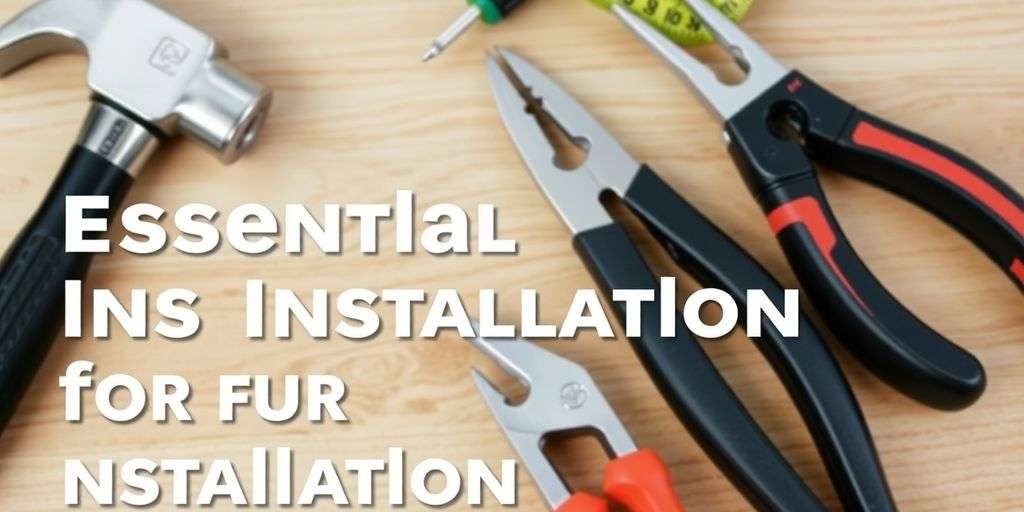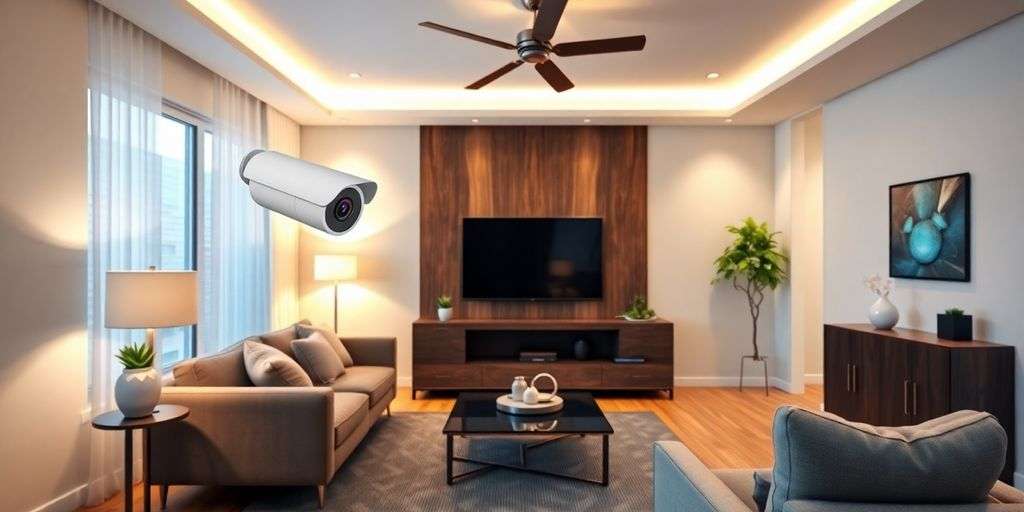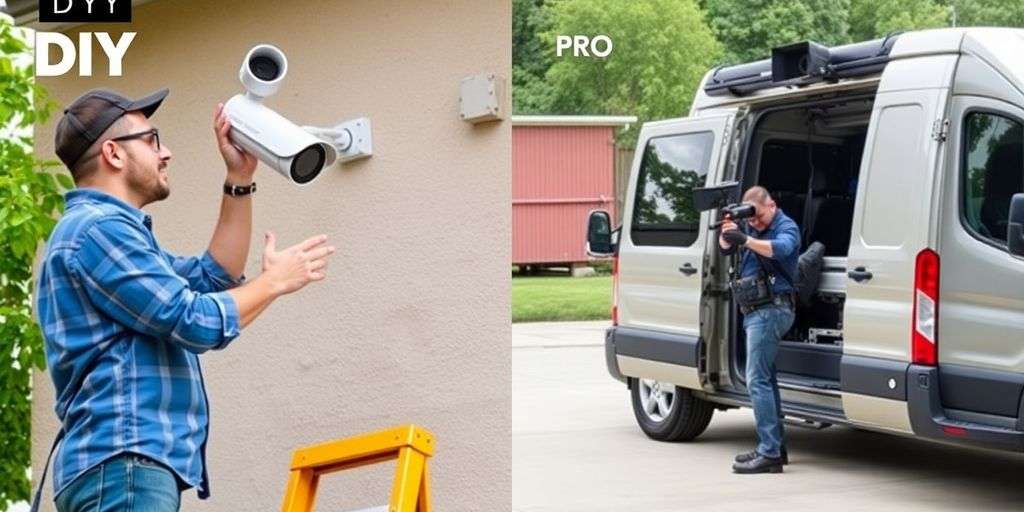Understanding Different Types of CCTV Cameras
When it comes to securing your property, understanding the various types of CCTV cameras is essential. Each type serves a unique purpose and is suited for different environments. Choosing the right camera can significantly enhance your security measures.
Dome Cameras
Dome cameras are named for their dome-shaped housing, which makes them less noticeable. They are versatile and can be used both indoors and outdoors. Their design makes it difficult for onlookers to determine which direction the camera is facing, adding an element of uncertainty for potential intruders.
Key Features:
- Discreet design suitable for various locations.
- Vandal-resistant casing for added security.
- 360-degree rotation for comprehensive coverage.
Bullet Cameras
Bullet cameras are easily recognisable due to their cylindrical shape. They are typically used for outdoor surveillance and are designed to be weatherproof. These cameras are ideal for monitoring specific areas, such as entrances or driveways.
Key Features:
- Long-range visibility, making them perfect for outdoor use.
- Easy to install and adjust.
- Often equipped with infrared capabilities for night vision.
PTZ Cameras
PTZ (Pan-Tilt-Zoom) cameras offer flexibility in monitoring large areas. They can be remotely controlled to pan, tilt, and zoom in on specific subjects. This makes them ideal for locations that require active surveillance.
Key Features:
- Remote control for real-time adjustments.
- Ability to cover wide areas with fewer cameras.
- High-resolution images for detailed monitoring.
Day & Night Cameras
These cameras are designed to function effectively in both daylight and low-light conditions. They automatically adjust to varying light levels, ensuring clear images at all times.
Key Features:
- Enhanced low-light performance.
- Automatic switching between day and night modes.
- Ideal for 24/7 surveillance needs.
Understanding the different types of CCTV cameras is crucial for effective security planning. Each type has its strengths and is suited for specific applications, ensuring that you can find the perfect match for your security needs.
Key Features to Look for in a CCTV System
When selecting a CCTV system, it is essential to consider several key features that can significantly impact its effectiveness. Understanding these features will help you make an informed decision.
Resolution and Image Quality
The resolution of a CCTV camera determines the clarity of the images it captures. Higher resolution cameras, such as those with 1080p or more, provide clearer images, making it easier to identify faces or licence plates. Here are some important points to consider:
- Aim for at least 1080p resolution for adequate clarity.
- Higher pixel counts lead to better image quality.
- Ensure the camera can perform well in various lighting conditions.
Field of View and Coverage
The field of view (FOV) indicates how much area a camera can cover. A wider FOV means fewer cameras are needed to monitor a larger space. Consider the following:
- Look for cameras with adjustable FOV settings.
- Assess the layout of your property to determine the best coverage.
- Ensure that blind spots are minimised for comprehensive surveillance.
Night Vision Capabilities
Night vision is crucial for outdoor cameras, allowing them to capture clear footage in low-light conditions. Key features include:
- Infrared (IR) technology for enhanced visibility at night.
- Automatic switching between day and night modes.
- Range of night vision capabilities to suit your environment.
Storage and Retrieval Options
Storage options are vital for managing recorded footage. Here are some considerations:
- Choose between cloud storage and local storage solutions.
- Ensure the system allows for easy retrieval of footage.
- Consider the duration of storage based on your needs.
Selecting the right CCTV system is not just about deterrence; it’s about ensuring your property is secure and monitored effectively.
In summary, when choosing a CCTV system, focus on resolution, field of view, night vision, and storage options. By understanding these features, you can enhance your security infrastructure and ensure peace of mind. Remember, the right choice can make a significant difference in your overall security strategy, especially when considering professional installation for optimal results.
Installation and Maintenance Tips
Choosing the Right Locations
Selecting the correct spots for your CCTV cameras is crucial. Here are some tips to consider:
- High traffic areas: Place cameras where there is a lot of movement, such as entrances and exits.
- Vulnerable spots: Identify areas that are more likely to be targeted by intruders, like back doors or windows.
- Avoid obstructions: Ensure that the camera’s view is not blocked by trees, walls, or other objects.
Professional vs DIY Installation
When it comes to installation, you have two main options:
- Professional installation: This ensures that the system is set up correctly and optimally.
- DIY installation: If you are handy, this can save you money, but make sure to follow the instructions carefully.
Regular Maintenance Practises
To keep your CCTV system functioning well, consider these maintenance tips:
- Clean the cameras: Dust and dirt can affect image quality, so clean the lenses regularly.
- Check connections: Ensure all cables and connections are secure to avoid disruptions.
- Test the system: Regularly check that all cameras are working and recording as expected.
Troubleshooting Common Issues
If you encounter problems, here are some common issues and solutions:
- No video feed: Check the power supply and connections.
- Poor image quality: Clean the camera lens and check the settings.
- Recording issues: Ensure there is enough storage space and that the system is set to record.
Keeping your CCTV system in good shape is essential for effective security. Regular checks and maintenance can help you avoid larger issues down the line.
Maximising the Benefits of Your CCTV System

Integrating with Other Security Measures
To truly enhance your security, it is vital to integrate your CCTV system with other security measures. This can include:
- Alarm systems that alert you to breaches.
- Access control systems that manage who can enter certain areas.
- Motion sensors that trigger recording when movement is detected.
By combining these systems, you create a more robust security environment.
Remote Monitoring and Access
One of the standout features of modern CCTV systems is the ability to monitor your premises remotely. This means you can:
- View live footage from anywhere using your smartphone or computer.
- Receive alerts for unusual activities, ensuring you are always informed.
- Access recorded footage easily, which can be crucial for investigations.
This flexibility allows you to keep an eye on your property, even when you are not physically present.
Using Analytics for Enhanced Security
Many CCTV systems now come equipped with analytics that can help improve security. These features can:
- Detect unusual patterns or movements.
- Provide alerts for specific events, such as loitering.
- Help in identifying individuals through facial recognition.
Utilising these analytics can significantly enhance your security measures.
Ensuring Data Privacy and Security
While CCTV systems are essential for security, it is equally important to ensure that the data they collect is secure. Here are some steps to consider:
- Use strong passwords for your CCTV system.
- Regularly update your software to protect against vulnerabilities.
- Store footage securely, preferably using cloud storage for easy access and backup.
By taking these precautions, you can ensure that your CCTV system not only protects your property but also respects the privacy of individuals.
Conclusion
In wrapping up, choosing the right CCTV system is a vital step in ensuring the safety of your home or business. By considering factors like camera type, resolution, and placement, you can find a system that meets your specific needs. Remember, it’s not just about having cameras; it’s about having the right cameras that work for you. Take your time to research and consult with experts if needed. With the right CCTV system in place, you can enjoy peace of mind knowing that you have taken steps to protect what matters most.
Frequently Asked Questions
What types of CCTV cameras are available?
There are several types of CCTV cameras, including dome cameras, bullet cameras, PTZ (pan-tilt-zoom) cameras, and day & night cameras. Each type has its unique features and is suitable for different environments.
How do I choose the right CCTV system for my needs?
To select the best CCTV system, consider factors like the area you want to monitor, the level of detail you need, and whether you want features like night vision or remote access.
Can I install a CCTV system myself, or should I hire a professional?
While some people prefer to install CCTV systems themselves, hiring a professional can ensure that the cameras are set up correctly and optimally positioned for the best coverage.

